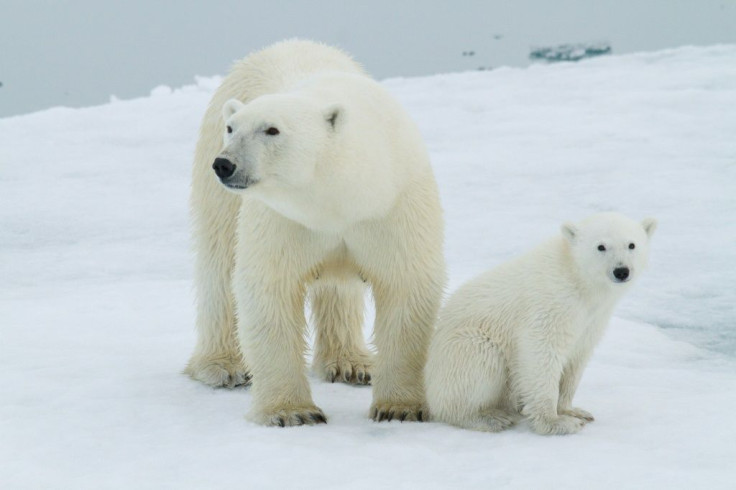Polar Bear Kills Man In Arctic Svalbard
A polar bear has killed a Dutch man on Norway's Arctic Svalbard archipelago, local officials said Friday, the sixth fatal attack in almost 50 years in the region.
According to experts, the shrinking icecap has reduced the polar bears' preferred seal hunting grounds, pushing them to approach populated areas in their search for food.
The incident took place overnight in a camping area near Svalbard's main town of Longyearbyen, located 1,300 kilometres (800 miles) from the North Pole.
The 38-year-old victim was found seriously injured in his tent and died shortly afterwards, the local governor's office said in a statement.

He had been working at the campsite, according to the local Svalbardposte newspaper.
Other people at the scene shot at the bear, which was later found dead in the parking lot of the local airport.
In Svalbard, which is also known as Spitzberg, people are advised to carry a weapon when outside urban areas.
"The bears generally stay away from humans. We are not at the top of their menu, as they prefer to feed on seals," Jon Aars, a researcher at the Norwegian Polar Institute, told AFP.
"But they are also opportunistic animals, and if they are hungry and are desperate enough, we can become their prey," he added.

According to a 2015 tally, the archipelago is home to about 1,000 polar bears, a protected species since 1973.
Around 300 of them live year-round in the archipelago, with some concentrated in the west of the territory near human settlements. The area was free of polar bears while it was still legal to hunt them.
The campsite worker's death was "a tragic event," Svalbard's deputy governor Soelvi Elvedah said in a statement.
"But this is also a strong reminder that we are in polar bear country and must take the precautions to defend ourselves."
Five deadly attacks on people had previously been recorded since 1971.
The most recent previous fatality occurred in 2011 when a bear attacked a group of British campers on a school trip.
A 17-year-old student was killed and four others were injured before the animal was killed.
Last month the Svalbard archipelago recorded its highest temperature for over 40 years, 21.2 degrees Celsius (70.2 Fahrenheit), almost equal to the all-time record, Sweden's meteorological institute reported.
According to scientific studies, global warming in the Arctic is happening twice as fast as the rest of the planet.
© Copyright AFP 2024. All rights reserved.




















